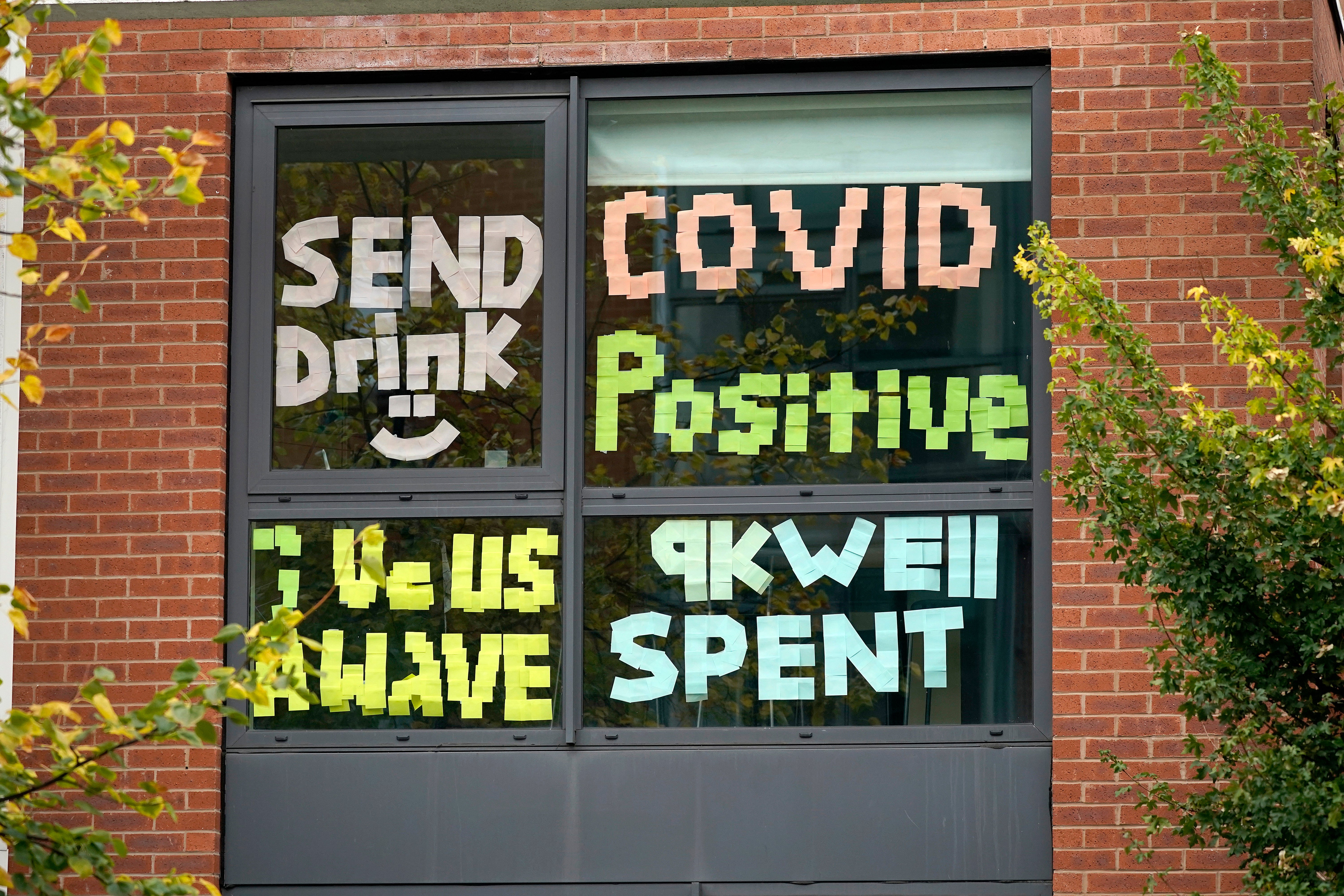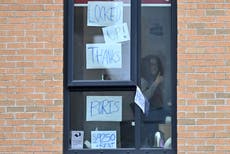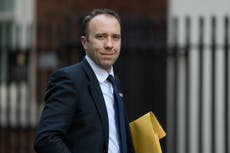Coronavirus: Young people and students not to blame for rise in cases, says Independent Sage
Government should focus on fixing contact tracing system instead of pointing fingers, experts say

Your support helps us to tell the story
From reproductive rights to climate change to Big Tech, The Independent is on the ground when the story is developing. Whether it's investigating the financials of Elon Musk's pro-Trump PAC or producing our latest documentary, 'The A Word', which shines a light on the American women fighting for reproductive rights, we know how important it is to parse out the facts from the messaging.
At such a critical moment in US history, we need reporters on the ground. Your donation allows us to keep sending journalists to speak to both sides of the story.
The Independent is trusted by Americans across the entire political spectrum. And unlike many other quality news outlets, we choose not to lock Americans out of our reporting and analysis with paywalls. We believe quality journalism should be available to everyone, paid for by those who can afford it.
Your support makes all the difference.Casting young people as irresponsible spreaders of coronavirus is “misleading” as research shows they just as compliant as older people, scientists have said.
They said that although figures show the rate of infection is highest among those aged 17 and 24, the government must stop blaming young people and students for rising cases, and instead focus on fixing its test and trace system.
The Independent Scientific Advisory Group for Emergencies, chaired by former chief scientific adviser Sir David King, called on universities again to switch to virtual teaching immediately and give students “the right to return home to study” at any point in the term with accommodation fees refunded.
It comes as coronavirus outbreaks have hit nearly 50 universities in the UK in the last few weeks, forcing thousands of students to self-isolate in halls of residence just days after arriving on campus.
But the outbreaks are not necessarily due to students flouting social distancing rules, said Independent Sage.
Professor Susan Michie of University College London said: “With young people arriving from different parts of the country into shared accommodation, it’s created a human petri dish. It’s not down to students misbehaving, the situation was inevitable.”
Jo Grady, general secretary of the University and College Union (UCU), which represents over 120,000 lecturers and staff, agreed that the outbreaks were “completely predictable”.
She criticised the government for encouraging face-to-face teaching and effectively exempting universities from its advice to the rest of the UK population to work from home wherever possible.
Ms Grady also called for “default online learning where possible”. She said: “We think that needs to be in place at least until Christmas.”
According to figures released by the Office for National Statistics (ONS) on Friday, there is “clear evidence” of an increase in the number of positive coronavirus cases in recent weeks, with the current rates highest among teenagers and young adults.
There is some “limited evidence” that the incidence rate of the virus may be “levelling off” after sharp increases during the past two months, said the ONS. Professor Christina Pagel, of University College London, said the rates of infections nationally appear to be “slowing but still growing”.
Covid-19 infection rates in the north of England, as well as Yorkshire and the Humber and London, are up to four times higher than the national average.
But test and trace capacity appears to be down in the last two weeks, claimed Independent Sage, with 10 per cent fewer positive cases being reached. According to data published by the Department for Health and Social Care (DHSC), the contact tracing programme failed to reach almost 30 per cent of close contacts of people who tested positive for coronavirus in England.
Professor Pagel said: “New restrictions have bought us some time but now we need to start doing some fixing.”





Join our commenting forum
Join thought-provoking conversations, follow other Independent readers and see their replies
Comments